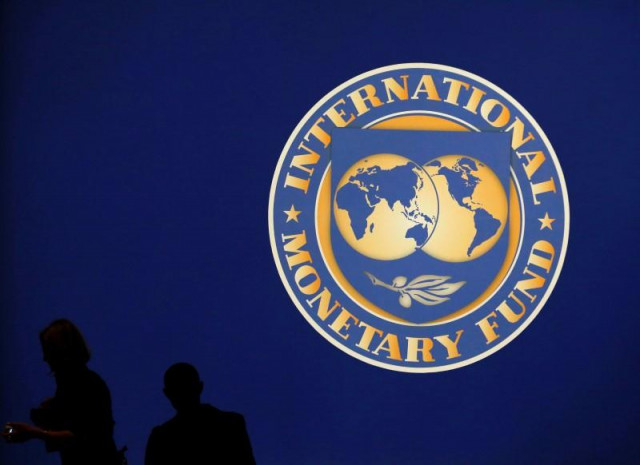Unemployment fuels unrest in Arab states: IMF
Fund slashes outlook for region's three largest economies, Saudi Arabia, Iran and UAE

Fund slashes outlook for region's three largest economies, Saudi Arabia, Iran and UAE. PHOTO: REUTERS
Earlier this month the fund lowered the 2019 forecast for economic growth in the region, which includes the Arab nations and Iran, to a meagre 0.1% from 1.1% last year.
The slower growth in the Middle East and North Africa (MENA) is caused by unrest in the region, alongside global trade tensions, oil price volatility and a disorderly Brexit process, the IMF said in a report on the regional economic outlook.
The IMF slashed its outlook for the region's three largest economies, Saudi Arabia, Iran and the United Arab Emirates.
"The level of growth that countries in the region are having is below what is needed to address unemployment," said Jihad Azour, IMF's director for the Middle East and Central Asia.
"We are in a region where the rate of unemployment at the youth level exceeds 25-30% and this requires growth to be higher by 1-2%" in order to make a dent in joblessness, Azour told AFP in an interview.
The IMF report said that the high unemployment was worsening social tensions in Arab countries.
"Unemployment averages 11% throughout the region versus seven percent across other emerging market and developing economies," it said.
Violent protests have broken out in several Arab countries since early 2010 and turned into bloody civil wars in Syria, Yemen and Libya.
A new wave of demonstrations erupted over the last year in Algeria, Sudan, Iraq and Lebanon, typically demanding economic reforms and action against corruption.
In Lebanon, where protesters have brought the country to a standstill with demands for a full overhaul of the political system, the economy grew at a very slow pace over the past few years, Azour noted.
The IMF said that Iran, which is subject to crippling US sanctions, has entered a steep economic recession and faces a battle against spiralling inflationary pressures.
The Islamic republic's economy is projected to contract by 9.5% this year after posting negative growth of 4.8% in 2018.
The IMF said that oil-rich Gulf Cooperation Council (GCC) states, led by Saudi Arabia, are expected to grow by just 0.7% this year from 2% in 2018 due to lower oil prices and output.
"GCC economies need to diversify and grow out of oil and this requires them to accelerate the reforms that have been started in the last four to five years," Azour said.



















COMMENTS
Comments are moderated and generally will be posted if they are on-topic and not abusive.
For more information, please see our Comments FAQ